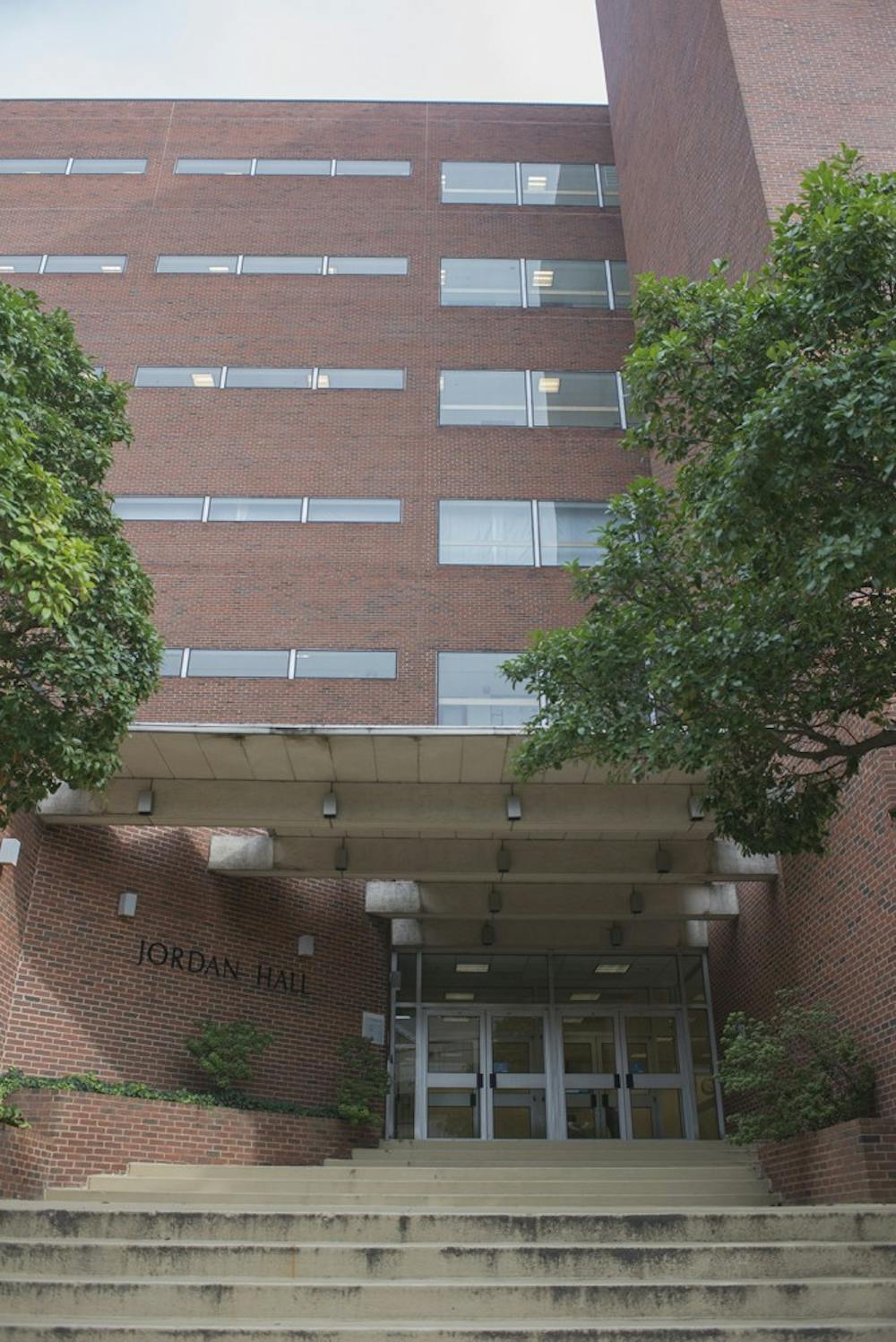Tuesday, the Medical Center Hour, hosted by the Center for Biomedical Ethics and Humanities and the Institute for Practical Ethics and Public Life, addressed the ethical and practical issues of providing undocumented immigrants with health care in a presentation called “Patients without Passports.”
The event was hosted by Marcia Day Childress, director of programs in humanities for the Center. It featured a presentation from Nancy Berlinger, a research scholar at the Hastings Center, and a discussion led by Dr. David Burt, an emergency medicine physician at the Medical Center.
“When undocumented people get sick, they’re going to come to a safety-net facility — academic medical centers, public hospitals, public clinics and non-profit clinics, which are sometimes known as [Federally Qualified Health Centers] where clinical professionals, including students on different sorts of rotations, are going to interact with this population,” Berlinger said.
Burt told the story of a child with a broken arm he had seen. The boy was brought in by his father, a construction worker who Burt thought was working on the Emergency Department’s new addition. The father had stepped on a nail, and had what Burt described as a “festering wound,” on the bottom of his foot. He also had diabetes that had gone untreated for over a decade. Burt said he believed the reason the father had never been set up with a care program beyond the Emergency Room was that he was undocumented, and would therefore have to pay all costs out of pocket.
Both Burt and Berlinger spoke about the fact that the majority of care undocumented patients are able to access comes from the ER, which means they often aren’t seen until they have a medical emergency. Berlinger said patients may also be aware that they’ll be asked fewer questions under emergency conditions.
“At U.Va. we are an epicenter for undocumented Latino patients, from many, many areas,” Burt said. “On their way here, they may pass by seven or eight perfectly good emergency departments, but they’ve been directly or indirectly made aware that if you come to U.Va., they can get care.”
A 1986 law, the Emergency Medical Treatment and Active Labor Act, mandates that anyone who enters an ER must be screened, and if they are diagnosed with an emergency condition must be “treated until stable.” The law also says that anyone going through labor must be treated at least until the baby is delivered.
EMTALA does not, however, provide funding. States have what are known as emergency Medicaid mechanisms, under which hospitals that treat people under EMTALA and then find out the person is uninsured or otherwise unable to pay can apply for reimbursement.
Emergency Medicaid mechanisms do not reimburse follow-up care or long-term plans, so many uninsured, especially the undocumented, end up going without.
“Their access to diagnostic, specialty, chronic, palliative and hospice care is severely limited to nonexistent,” Berlinger said. “I should also add pharmacy, because our medical lives, our health lives, are not lived with primary or emergency as the only two issues we ever have.”
Berlinger also addressed the effects this can have on children — both undocumented children, and citizens who are the children of undocumented workers. They are unlikely to be enrolled in child health insurance plans, even if they are eligible, she said, and they are less likely than other children, both citizens and documented immigrants, to receive child care.
“You can imagine if the family are migrant workers, if they’re following a crop, they’re not going to be getting care from one person, so you want to do as much as you can before they move to another state,” Berlinger said.







